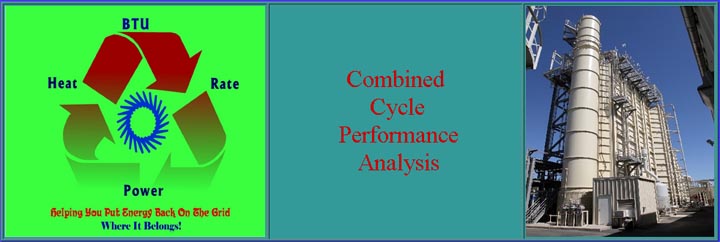
Again, San Diego Gas & Electric raised its base rates for electricity and natural gas by some $136 million in 2008. We are also expecting successive annual base rate hikes of $44 million in 2010 and an additional $44 million in 2011. For the average residential customer, that translates to a 7% increase in their electricity bills from last year with additional raises in years ahead. While some homeowners are getting into buying expensive solar panels that will pay for themselves in 10 to 30 years, other rate-hike victims are finding energy cuts in surprising ways.
Your Solar Link was started by a LEED accredited professional and designers in an effort to educate local homeowners on the best available solar gadgets on the market.
“As a homeowner, I never thought that those little garden electric lights that are placed along my garden pathway actually can cost me up to $140 a year on my electricity bill? I do not need so much light to light up that trail, but the benefit of using solar pathway lights is enormousâ€, says Barbara White, who just purchased her first solar pathway lights that cost her only $64.99 for a set of 4.
Your Solar Link started as a hobby but quickly grew into something more. It became a place of contribution by its members and their clients. Your Solar Link doesn’t just sell solar powered products; it plants a TREE for every solar light that is purchased. So not only do you get the benefits of free energy, but you become part of a bigger movement for the future of our planet.
“It’s that simple, replacing your outdoor electric water fountain pump with a solar powered pump will save you around $100 a year. You can find little things around your house that can generate a pretty substantial amount of cash in your pocket by the end of a year: your garage light, your motion sensor lights, your lit home address or lit mailbox, spot lights for your trees, you name it! It adds up every quickly†says Mario Villalobos, one of the founders of Your Solar Link. “I am also surprised that the government, which is so concerned about night sky light pollution, is not interested more in using solar lights. Solar lights are easy to install, cost almost as much as a regular lights and are not as expensive as solar panel systems. Solar lights don’t emit as much light into the atmosphere as conventional electric lights, thus clearing up the sky at night. â€
What’s next for Your Solar Link? “We are in the process of setting up a recycling program for used solar lights. Some of the old solar lights that were sold before us, because of the poor quality, will be thrown out soon. We are looking into figuring out a way to take them apart and to recycle solar lights components,†the Team of Your Solar Link concluded.
For more information on Your Solar Link products visit:Â http://www.yoursolarlink.com.
Via EPR Network
More Energy press releases










